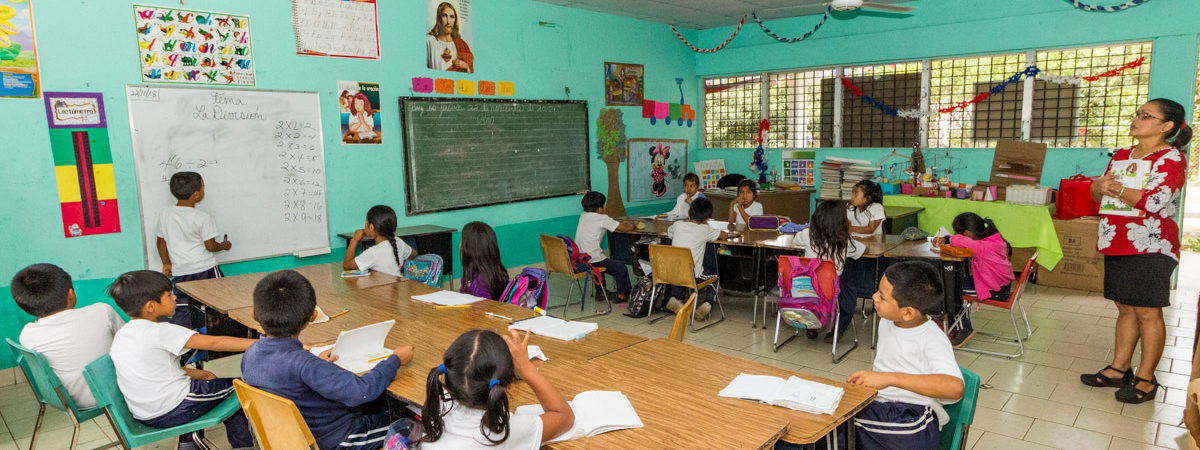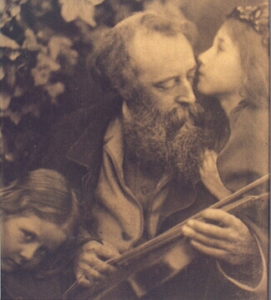
17 Oct From the Classroom to the Courtroom: A Unique Transition from Teaching to Interpreting
I was so comfortable, but man was I bored. I had the privilege of being a Spanish teacher for two and a half decades, which brought with it tremendous success, along with some cool perks. I had taught in the International Baccalaureate program for twenty years, and every single one of my students without exception during that time passed the standardized exam at the end of the year. I was department head for eight years, getting to hire and inspire my colleagues. I got to travel in the name of professional development. I loved my students, with all their highs and lows, as they navigated teenage life. For many years, teaching was absolutely my calling. So why was I so restless? Well, all of you who changed careers in middle age, I ask, why did YOU do it?
With a lack of flexibility, and with boredom, complacency, and dealing with an increasingly hostile (and now, in many states, political) school administration, I needed a big change. It took me a couple of years to figure out what my next move was, and I finally landed on Spanish interpreting. To be honest, up until then, I hadn’t felt I had the skill set to do it professionally. It seemed out of reach for a number of reasons: I’m not a native speaker of Spanish, and I knew nothing about the legal field or daily goings-on in the courtroom (other than how to fight a traffic ticket!). Did I even have the mental capacity to be any good at it? But there was an undergraduate certificate program in interpreting right in my city that I could schedule around my teaching job. I had to at least give it a shot. The alternative meant I would continue to languish in my comfy position and just fade into mediocrity. I couldn’t live with that.
Going from teaching Spanish to interpreting in a courtroom or other legal settings really is a 180-degree turn. The two jobs have little in common other than the working language. As a teacher, I had to coordinate a lot of moving parts – students, parents, administrators – as well as adapt to the changing goals and demands that happen on a regular basis at any school. You have to be so flexible in nearly every situation while at school, yet you live and die by the bells and school holidays. With freelance interpreting, I set my own schedule, which, to me, is one of the top three reasons I love this new endeavor. I am responsible only for myself, and this is so liberating.
A teacher is accountable to a lot of different groups. If your students aren’t successful, oftentimes it is a reflection on you. Parents understandably have a big stake in their child’s education, and often it’s a partnership between all three parties – student, parent, teacher – to ensure success. As an interpreter, every success (and failure) is my own. What a nice change of pace.
 But with this autonomy comes a unique kind of adjustment. After many years of being the star of my own show in the classroom, suddenly I find myself in a career with a very different kind of spotlight. Some argue that our job is to be invisible, completely avoiding any kind of individual attention. I was a teacher who loved making her students laugh, getting them excited about the Spanish-speaking world, and helping them learn grammar tricks I had cultivated over twenty-five years. I was their fearless captain, and all eyes were on me most of the time, creating a flow of energy I was very comfortable with. As an interpreter, I have to find other ways to get my energy, as it’s much more internal now. We are isolated from our colleagues and often wonder if we were successful on any given day (I actually regularly invite other interpreters who have a break to come observe me, because I miss being able to do that in my former career. Feedback from other professionals is something I’ll always value, as it’s ingrained in me). There’s no one in the courtroom that quite knows what it’s like to be in our shoes, and sometimes other legal professionals can be critical of our jobs without realizing the training, mental fortitude, and thick skin it takes. The “audience” is much more critical, and the stakes are much higher. I am still searching for a good balance.
But with this autonomy comes a unique kind of adjustment. After many years of being the star of my own show in the classroom, suddenly I find myself in a career with a very different kind of spotlight. Some argue that our job is to be invisible, completely avoiding any kind of individual attention. I was a teacher who loved making her students laugh, getting them excited about the Spanish-speaking world, and helping them learn grammar tricks I had cultivated over twenty-five years. I was their fearless captain, and all eyes were on me most of the time, creating a flow of energy I was very comfortable with. As an interpreter, I have to find other ways to get my energy, as it’s much more internal now. We are isolated from our colleagues and often wonder if we were successful on any given day (I actually regularly invite other interpreters who have a break to come observe me, because I miss being able to do that in my former career. Feedback from other professionals is something I’ll always value, as it’s ingrained in me). There’s no one in the courtroom that quite knows what it’s like to be in our shoes, and sometimes other legal professionals can be critical of our jobs without realizing the training, mental fortitude, and thick skin it takes. The “audience” is much more critical, and the stakes are much higher. I am still searching for a good balance.
All that being said, teaching was a wonderful training ground for interpreting. I DO have a thick skin, can think on the fly, and can advocate for myself effectively – all skills a teacher AND interpreter need. Teachers are trained to have cool heads in tense situations (if the active shooter drills don’t sober you, you have stronger nerves than I do), and most interpreting encounters carry with them at least some level of stress. I am grateful for the unexpected crossover skills I possess.
And best of all, I don’t have to grade any more papers!
Julie Davi is a qualified freelance legal interpreter in Richmond, Virginia. She has traveled throughout the Spanish-speaking world, most notably Spain, where she spent a year for college. She received a Bachelor’s in Spanish from Dickinson College (PA) and a Master’s in Spanish Literature from the University of Virginia. Recently, Julie completed an undergraduate certificate program in Spanish translation and interpretation from Virginia Commonwealth University. In her free time, Julie is an avid figure skater and figure-skating judge, as well as a yoga practitioner. She is so appreciative that she gets to spend more time with her husband and young adult daughters these days. She recently started a TikTok account to create a community of interpreters to share ideas and feedback for both “my triumphs and gaffes.” You can follow her there: @adventuresininterpreting, or e-mail her at juliedavi127@gmail.com.
Main photo (cropped) “Elementary School in Boquete Panama” by FranHogan, at Wikimedia Commons, under the CC BY-SA 4.0 license. Body photo“The Whisper of the Muse” by Julia Margaret Cameron (1815-1879). Photo in the public domain {{PD-US}}. Taken from Wikimedia Commons.


That’s an excellent essay, Julie! I relate to your situation very much, and wish you happiness and satisfaction in your new career!
Congratulations on your new path, Julie! I love your literary voice. Keep sharing, please.
Hi, Julie. I really relate to your story. After working for the Federal government for too many years, I knew I had to make a change.
I didn’t know what else I could do,, so I went to graduate school hoping to get my PhD and be able to teach at the college level. ( taught many Spanish courss during graduate school and became very comfortable with teaching,.
Then a friend of mine said she was signing up for an interpreting class, I decided to audit it for fun. My thoughts were: “I don’t think anyone can really do this {simultaneous interpreting} but it might be fun to try.”
Within a short time, ( was hooked! Interpreting was such a challenge and a learning experience. And when my friend decided to take the state interpreting exam, I did too. I was so surprised when I passed.!. Then I thought: Do I really want to be a college professor and have to do all the grading and, worse yet,, research? It was an easy decision. I started interpreting at the age of 39 and have been doing it ever since (more than 20 years now.) I’m so glad I finally found the right career for me!